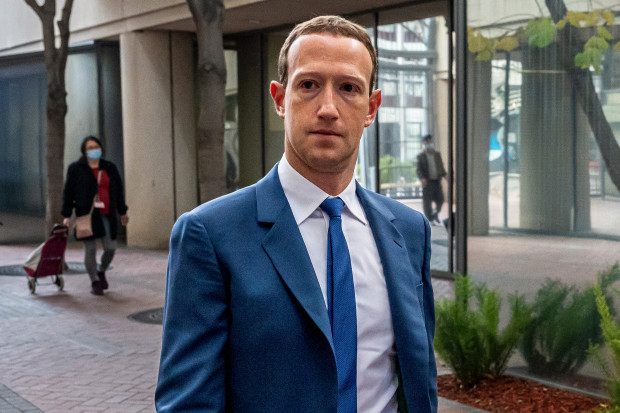
Meta (META) -), the company behind the popular social media platforms Facebook, Instagram and WhatsApp, is considering instituting new versions of both Facebook and Instagram that would allow users to pay to avoid coming across advertisements, according to the New York Times.
The change, according to three people familiar with the matter, would target users in the European Union, highlighting a discrepancy in how people in different countries might engage with these platforms.
DON'T MISS: The long and bitter war between Elon Musk and Mark Zuckerberg
In an age where people are growing increasingly concerned over how their data is accessed and used, these ad-free subscriptions would offer E.U. users a choice to enhance their privacy and change their social media experience.
Meta would continue to provide free versions of the apps, bogged down with ads, to E.U. citizens, according to the Times.
It is not yet clear how much these subscriptions would cost or how soon they might start rolling out.
A Meta spokesperson declined to comment on the matter.
One of the first new features Elon Musk rolled out when he took over Twitter (now X) was Twitter Blue, a subscription service that costs users roughly $8 a month and grants them a series of exclusive features. Among these features, which include the ability to post longer-form video and a higher algorithmic ranking of Twitter Blue users' tweets, is a promise of a 50% reduction in ads.
Musk has said on multiple occasions that the only way to fight rampant bots on these platforms is to put everything, eventually, behind a paywall.
Of course, Twitter has a secondary reason for wanting to up its subscription revenue: a tremendous dip in advertisers and advertising dollars since Musk's takeover.
"Given that modern AI can solve any 'prove you’re not a robot' tests, it’s now trivial to spin up 100k human-like bots for less than a penny per account," Musk said in March. "Paid verification increases bot cost by ~10,000% & makes it much easier to identify bots by phone & CC clustering. Obvious conclusion: paid account social media will be the only social media that matters."
But Meta might have a different reason for exploring these alternative methods of social media. The E.U in July prohibited the company from combining the data it collects across its platforms, unless it receives explicit consent from users to do so. The company was also fined 390 million euros ($420 million) in January by Irish regulators for forcing its users to accept a new condition of personalized ads on Facebook.
This potential move, according to Meta insiders the Times spoke to, might help address some concerns of E.U. regulators, simplifying their operations in the area.
Action Alerts PLUS offers expert portfolio guidance to help you make informed investing decisions. Sign up now.







